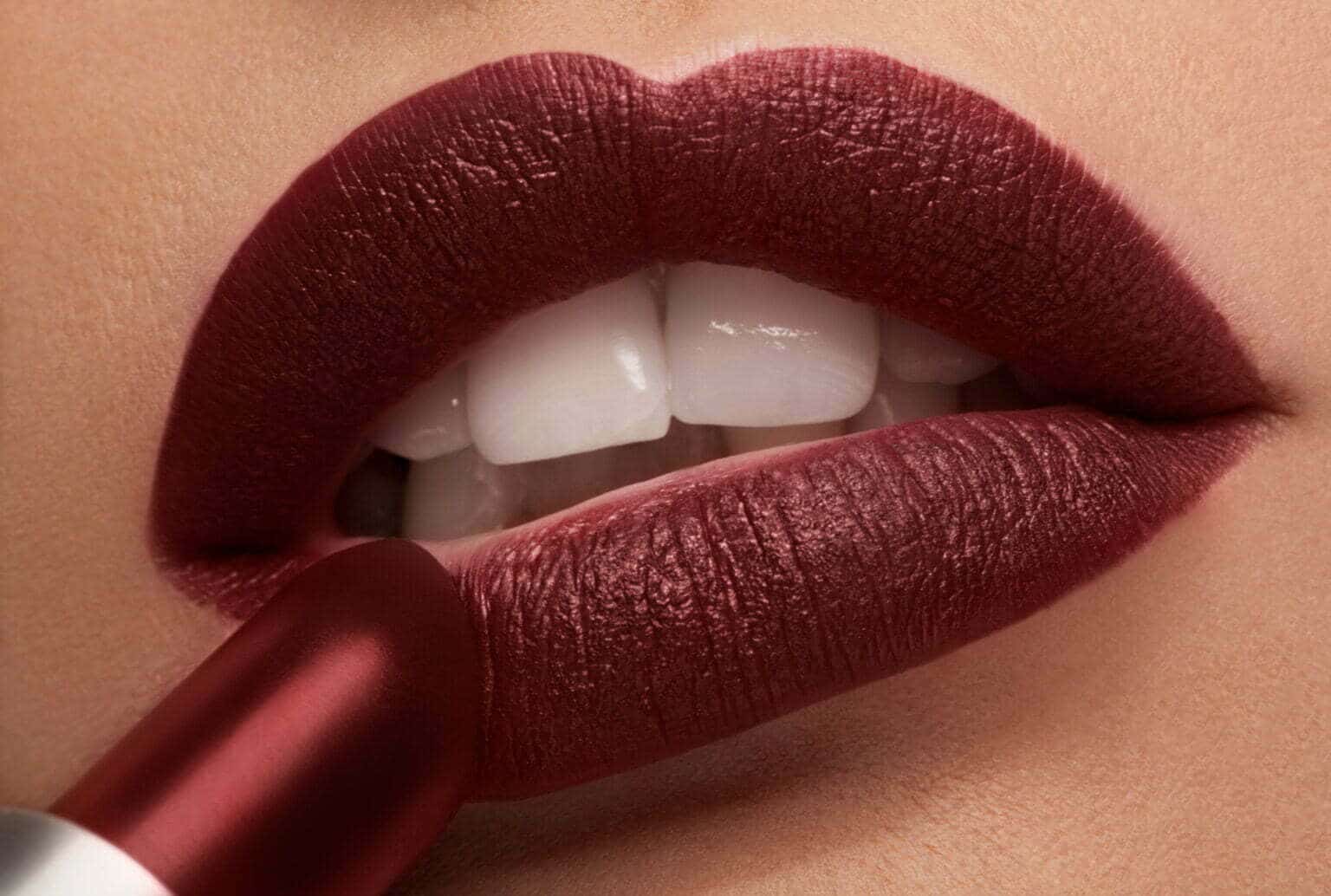In 2006, Hal Varian, an economics professor at the University of California, published an article in The New York Times detailing the results of a groundbreaking study that attempted to answer the big why underlying the “beauty premium.” Why does physical attractiveness influence income?
Economists agree that the beauty premium — also known as the “halo effect” — has a significant impact on workplace relations. And the science behind the phenomena is solid, dating back to 1994. But now machine learning is being used to help better explain why beauty matters when it comes to income.
Using deep machine learning on 2,383 individual body scans, a recent study published in PLOS One found a significant relationship between Americans’ body shape characteristics and their income levels. Based on the findings, researchers from the University of Ohio estimate that a “one centimeter increase in stature (converted in height) is associated with approximately $998 increase in family income for a male who earns $70,000 of the median family income.”
Furthermore, for women, a “one unit decrease in obesity (converted in BMI) is associated with approximately $934 increase in the family income for a female who earns $70,000 of family income.” Hard to believe, right?
- Advertisement -
Given all the strides being taken to achieve equality in the workplace and every other aspect of life, one would think we have moved past this. So why is it that the beauty premium continues to have a similar impact on income as it did three decades ago? And more importantly — can it be avoided?
Why beauty matters
Beauty is essential — to some — for a variety of reasons. Some people may consider beauty to be a sign of fertility, health, or genetic fitness. Others might find aesthetic appeal and enjoyment in beauty.
Some people may view beauty as a means of attracting admiration because it is connected to success, power, or status. But the main reason why beauty continues to impact income-earning ability is that “attractive people” are more likely to be perceived as confident, successful and competent. All of these are characteristics that make people seem more appealing to employers.
By the western standard of beauty, attractive people are also more adept at presenting themselves, which can help them succeed in the workplace and improve their income-earning ability. Why? Research tells us that dressing well and looking sharp can increase perceived confidence and by extension, attractiveness, by a significant amount.
Interestingly, research published in the Journal of Economic Psychology found that women are perceived as more trustworthy when wearing makeup, and are more likely to receive higher incomes. “Perceived trustworthiness is… something that people can, to some extent, potentially manipulate strategically by using visual resources like cosmetics, photo filters (e.g. Instagram filters), etc,” explained the study authors.
“These resources might not only generate intrapersonal benefits, such as an increase in self-confidence, but it might also increase efficiency in interpersonal interactions that require cooperation, coordination, and trust.”
Unhealthy beauty standards
It is important to remember that there are many other factors that can affect income, including education, skills, and experience, and that there is not always a correlation between physical attractiveness and pay.
The concept of attractiveness is also arbitrary and changes between cultures and eras. What appeals to one person might not appeal to another. It is also important to remember that societal standards of beauty can have unfavourable effects, such as encouraging superficial or shallow values and leading to prejudice against people who don’t meet these standards.
- Advertisement -
So can the beauty premium be avoided? At the moment, the evidence suggests that it may take some time before people are judged solely on the content of their character.
However, there are some simple things that can help increase perceived attractiveness, that do not require an unhealthy change in habits:
- Smile: Research shows that people who smile more often are perceived as more confident and attractive.
- Wear bright colours: There’s a reason why red is considered a power colour. People who wear bright colours appear more confident and attractive and appear happier and more upbeat.
- Speak clearly: Knowing how to articulate your thoughts effectively is a must-have skill. People who speak clearly and concisely will always have an advantage over those who cannot.
- Have a sense of humour: Knowing when to have a laugh is key to building trust and conveying confidence and attractiveness.
- Dress professionally: As mentioned earlier, dressing well and looking sharp can increase perceived confidence and by extension, attractiveness, by a significant amount.
And last but most importantly…
- Be confident: Show enthusiasm and believe in your ability.
By taking these steps, you can increase your appeal to any employer and improve your chances of getting a job or receiving that well-deserved pay rise and/or bonus. “Beauty is only skin deep,” as the saying goes. A person’s physical attractiveness, as well as their outward appearance, is not the most important aspect of them. However, increasing attractiveness is more simple than most people think.
Confidence is everything at the end of the day.




